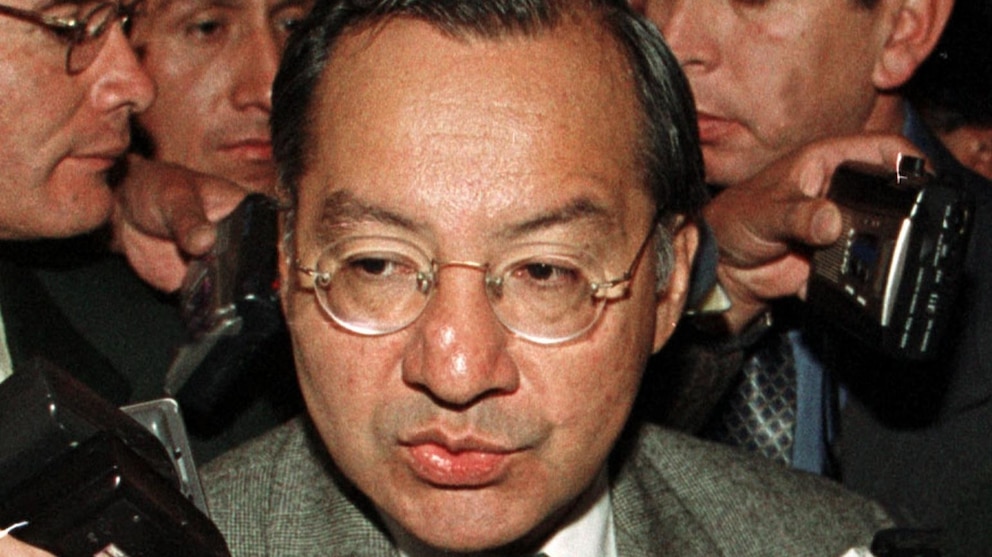
Mainstream media outlets reacted with astonishment when they reported earlier this year that a former American diplomat had confessed to being a Cuban spy for more than four decades.
It was indeed shocking when Victor Manuel Rocha, U.S. Ambassador to Bolivia under Bill Clinton and George W. Bush, suddenly came clean to FBI investigators that he had been covertly gathering intelligence for the island since the early 1980s.
Fewer than six months after his arrest in December, Rocha was sentenced to 15 years in federal prison following a plea deal where he admitted to conspiring to act as an illegal foreign agent to defraud the United States.
According to court documents, the Bogotá-born envoy was first recruited by Cuba’s main state intelligence agency, the Intelligence Directorate or Dirección General de Inteligencia (DGI), as a student at Yale University in 1973.
Shortly after graduating, Rocha reportedly traveled to Chile around the time the Central Intelligence Agency (CIA) ousted the democratically elected government of Salvador Allende and was radicalized by the experience.
Cuba’s KGB-trained intelligence service has long enjoyed an esteemed reputation as one of the best in the world, famously having thwarted hundreds of attempts on the life of Fidel Castro by the CIA. The DGI has also become known for its effective operations abroad, such as the case of double agent Ana Montes who penetrated the U.S. Defense Intelligence Agency (DIA) as an analyst for 17 years.
With the Rocha case closed within a few short months, it is unclear precisely what actions he took while in diplomatic service that could have benefited Havana. If true, not only did he have privileged access to classified information but the ability to directly impact U.S. diplomacy with tradecraft. However, many have noted that, while serving as U.S. ambassador to Bolivia, Rocha made a name for himself during the Andean nation’s 2002 election when he publicly threatened the withdrawal of U.S. aid if then-underdog candidate Evo Morales were to win the presidency.
In hindsight, what was perceived as a controversial gaffe at the time, which inadvertently increased support for Morales, could have been deliberate if Rocha was truly an infiltrator.
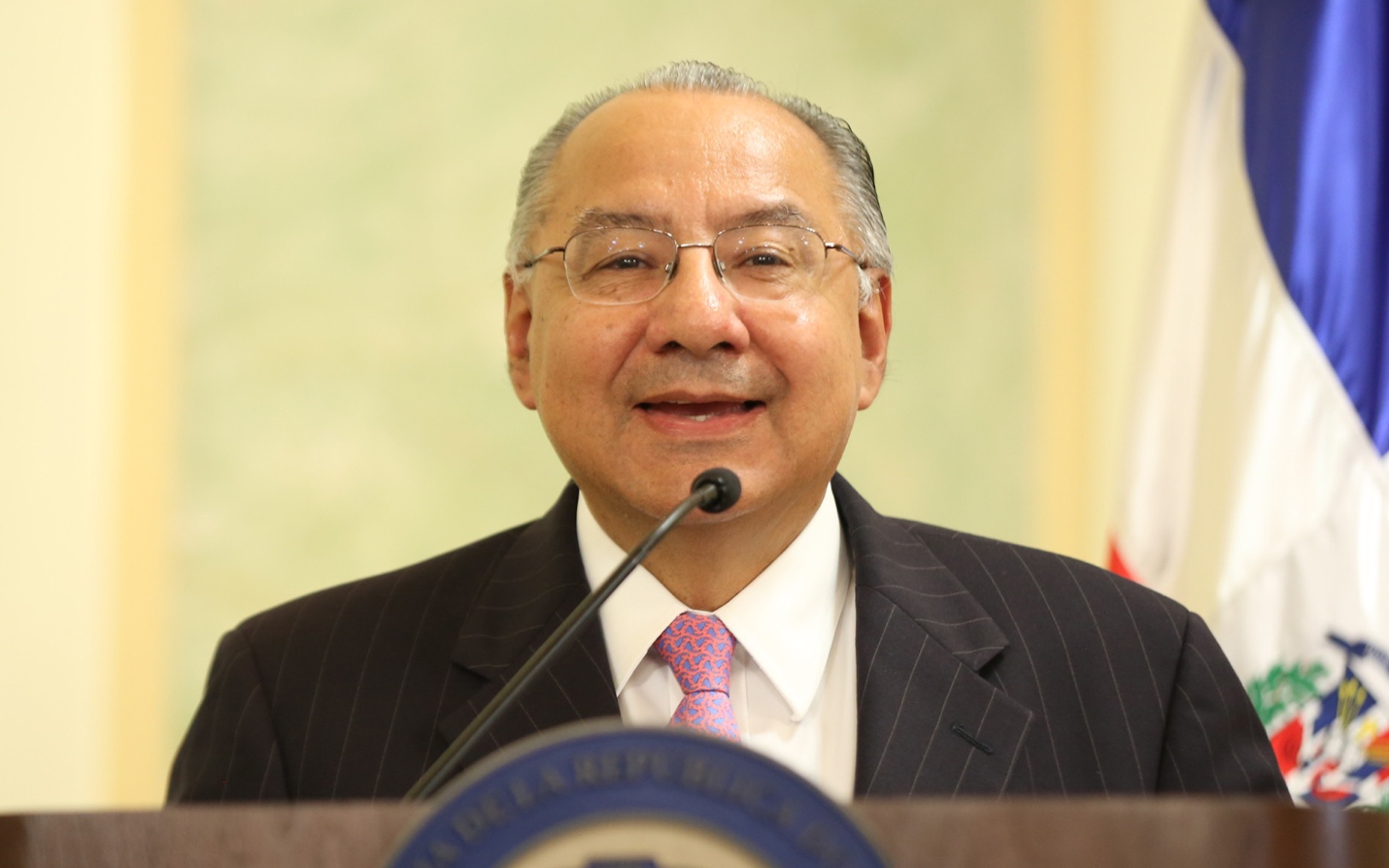
It is no secret that Morales, an Indigenous union organizer of coca farmers, was heavily favored by Havana and under his future leadership would make La Paz a staunch Cuban ally. Morales himself would even quip that Rocha was his “best campaign manager” when he surged from third place to runner-up after the remarks, forcing a second round runoff against the eventual victor, right-wing ex-President Gonzalo Sánchez de Lozada. A pro-American neo-liberal nicknamed “Goni,” Sánchez de Lozada would subsequently preside over numerous human rights violations and massacres of protesters during the Bolivian gas conflict before resigning just a year into his second stint and fleeing to the United States. Although Morales did not prevail in 2002, the Movement Toward Socialism (MAS) party was thrust into the national spotlight and the Aymara Indian activist became de facto opposition leader, ultimately winning the 2005 general elections.
Morales took office nearly 40 years after Che Guevara was executed by the CIA-assisted Bolivian army in the Andes Mountains in 1967. Once in power, Morales expelled Rocha’s successors in the American embassy along with CIA cutouts like the U.S. Agency for International Development (USAID) for meddling in Bolivia’s internal affairs. In 2019, the leftist icon was finally ousted in a U.S.-backed coup and forced to step down upon winning a fourth consecutive term. Currently planning a comeback against MAS rival and current President Luis Arce, Morales himself expressed skepticism on social media toward the charges against Rocha when the news broke. Except bodycam footage from an undercover sting shows the 73-year-old confessing to an FBI employee posing as a Cuban DGI contact about being an asset.

The corrupt mayor of Cochabamba, Manfred Reyes Villa, who finished third once Morales narrowly overtook him in the final hours of the 2002 contest, cited the accusations against Rocha and his memorable tirade that nearly swung the election as evidence of Cuban interference in Bolivia. While the School of the Americas alumnus was trying to delegitimize his left-wing opponent’s rise to power, it is not out of the realm of possibility considering Rocha left the foreign service soon after his tactless comments backfired and never occupied a position in government again. Rocha’s election-eve ultimatum, in which he compared the cocalero leader to Osama bin Laden and MAS-ista peasantry to the Taliban, only aroused anti-Yanqui sentiment. Yet if Rocha did try to elevate Morales on purpose, it would have been to counter blatant U.S. electoral intervention in Bolivia.
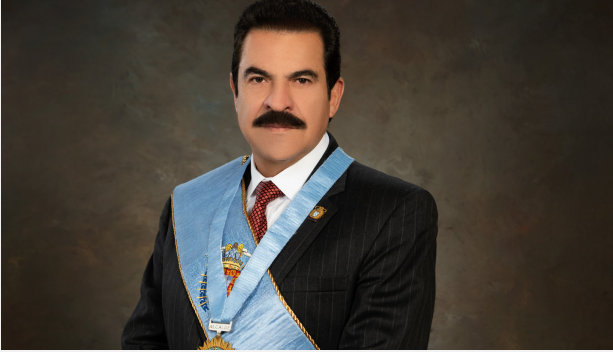

Similar to Western stage-managing of Boris Yeltsin‘s 1996 campaign in Russia, Goni hired American consulting firm Greenberg Carville Shrum (GCS) to boost his low approval ratings since his previous incumbency when he privatized much of the country’s natural resources and public services. GCS was founded by Beltway campaign strategist James Carville who used his successful management of Bill Clinton’s 1992 U.S. presidential run to market Western compradors abroad. In addition to Goni’s bid, Carville lent his expertise in manipulating elections throughout Latin America to Fernando Henrique Cardoso in Brazil, Carlos Flores Facussé in Honduras, Jamil Mahuad in Ecuador, Ernesto Pérez Balladares in Panama, and Juan Manuel Santos in Colombia, all of whom implemented austerity measures. “It’s the economy, stupid,” indeed. Carville also advised anti-Chavista business leaders in Venezuela following the abortive 2002 coup against Hugo Chávez. Carville and GCS’s machinations in Bolivia were captured in the 2005 documentary Our Brand Is Crisis which was dramatized by Hollywood in a 2015 film of the same name starring Sandra Bullock.
Attorney General Merrick Garland referred to the Rocha case as “one of the highest-reaching and longest-lasting infiltrations of the United States government by a foreign agent.” With the ex-diplomat and National Security Council official behind bars, it quickly disappeared from the news cycle. The same corporate media, surprised that the one-time DOS bureaucrat-turned-spy went undetected for so many years, failed to observe a growing pattern of similar breaches of U.S. counterespionage in recent decades, including by Washington’s own supposed allies. Last year, veteran investigative journalist James Bamford published Spyfail: Foreign Spies, Moles, Saboteurs, and the Collapse of America’s Counterintelligence, which details the accumulating penetrations of the U.S. security state by foreign powers.

Bamford demonstrates how the American counterintelligence apparatus has become a paper tiger vulnerable to sabotage and its susceptibility has not been limited to subversion by ideological adversaries like Cuba. While geo-political rivals in Moscow and Beijing have been among the expected offenders in spy scandals as well, Spyfail also shows how many of Washington’s allies and partners have been behind spycraft against the U.S.—with politicians and the yellow press turning a blind eye. Given the revelations by National Security Agency (NSA) whistleblower Edward Snowden of the extent of Washington’s own eavesdropping on members of the Atlantic alliance, it is not that surprising. However, one country in particular has been able to evade scrutiny as the source of numerous espionage operations violating American national security for just as long as Rocha is said to have been a mole for Havana.
Dominating the headlines in the intervening months of the Rocha case has been Israel’s ongoing genocide in Gaza. For the same reason that the Zionist entity maintains unconditional U.S. assistance and favorable coverage in legacy media as it slaughters Palestinians, Tel Aviv enjoys virtual immunity over its repeated cloak-and-dagger transgressions of American sovereignty—the immense power of the Israel Lobby over Congress and the media. Perhaps the most infamous case was that of Jonathan Pollard, a naval intelligence analyst who was convicted of spying and passing highly confidential data to the Jewish state in the mid-1980s. Like Rocha, Pollard was jailed after negotiating a plea bargain, but the U.S.-Israel “special relationship” itself never came into question. Meanwhile, Bamford sheds light on another scandal involving an Israeli spook that did not receive nearly as much attention while the agent at the center eluded incrimination altogether.
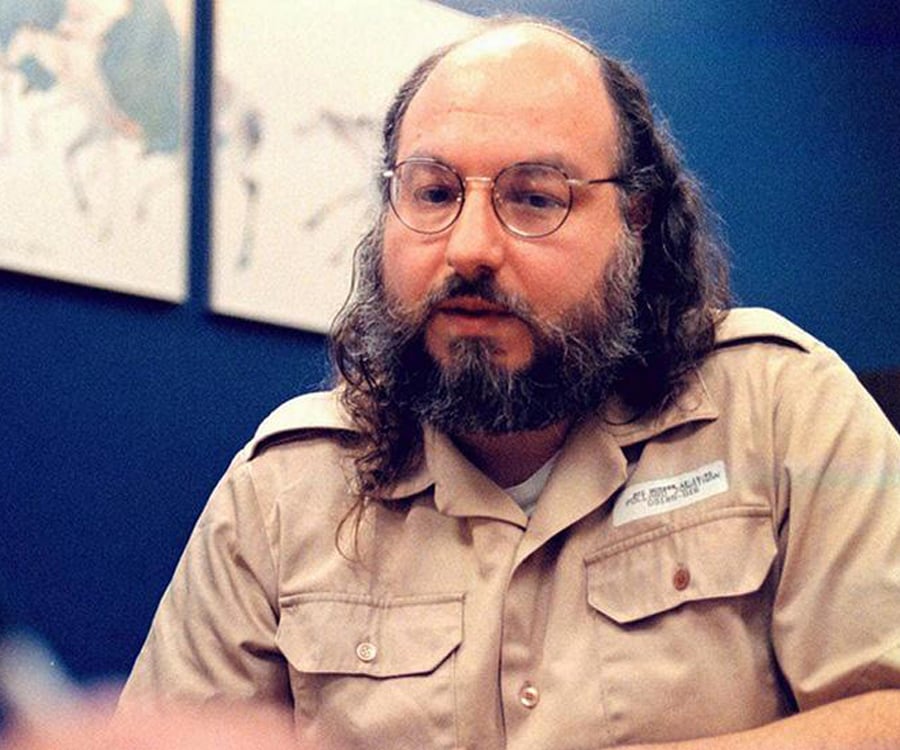
Just a few months before Pollard was charged with violating the Espionage Act, a California aerospace engineer and NASA consultant named Richard Kelly Smyth was indicted by the FBI for unlawfully exporting more than a dozen shipments of “krytrons”—devices used as triggers to fire nuclear bombs—to Israel in the early 1980s. The illicit consignments were made through an intermediary in “former” Israeli spy and Hollywood film mogul Arnon Milchan, whose production credits include Pretty Woman, L.A. Confidential, and Fight Club. Unlike Pollard, Smyth escaped to Spain before his trial began and avoided capture until INTERPOL finally apprehended the fugitive physicist in 2001 for extradition back to Los Angeles. (In spite of an official policy refusing to confirm or deny the possession of a nuclear stockpile, it is widely accepted that the existence of a clandestine Israeli program goes back to the 1950s.)
Smyth served no time in prison as he was immediately paroled because of his advanced age (72), and the Israeli agent whose front company facilitated the entire smuggling ring was never prosecuted and to this day remains a fixture in Tinseltown. In fact, Milchan’s double life as a weapons trafficker only seemed to propel his success as a film magnate. Despite producing propaganda for apartheid South Africa while supplying Pretoria with arms and military technology in exchange for yellowcake uranium to enrich Israeli nukes, Milchan later financed the Oscar-nominated 12 Years a Slave (2014). Even though the billionaire producer candidly owned up to being a LAKAM operative—the same top-secret unit that recruited Jonathan Pollard—it was only when Israeli Prime Minister Benjamin Netanyahu was brought up on corruption charges that Milchan’s name stirred controversy.
Still ongoing in the midst of the war in Gaza, Bibi’s graft trial involves allegations from a decade ago that he and his wife accepted bribes and lavish gifts from Milchan in order to pressure the Obama administration into securing the latter a U.S. visa, which then-Secretary of State John Kerry obliged. Netanyahu also proposed domestic legislation that gave tax breaks to returning wealthy Israelis such as the movie tycoon for “making Aliyah” (Jews who emigrate to Israel) in what became known as “Milchan’s Law.” According to Bamford, the close friendship between the two men precedes Netanyahu’s tenure as head of state back to his early career at the Israeli Embassy in Washington where he negotiated for Milchan’s immunity in the Smyth case.
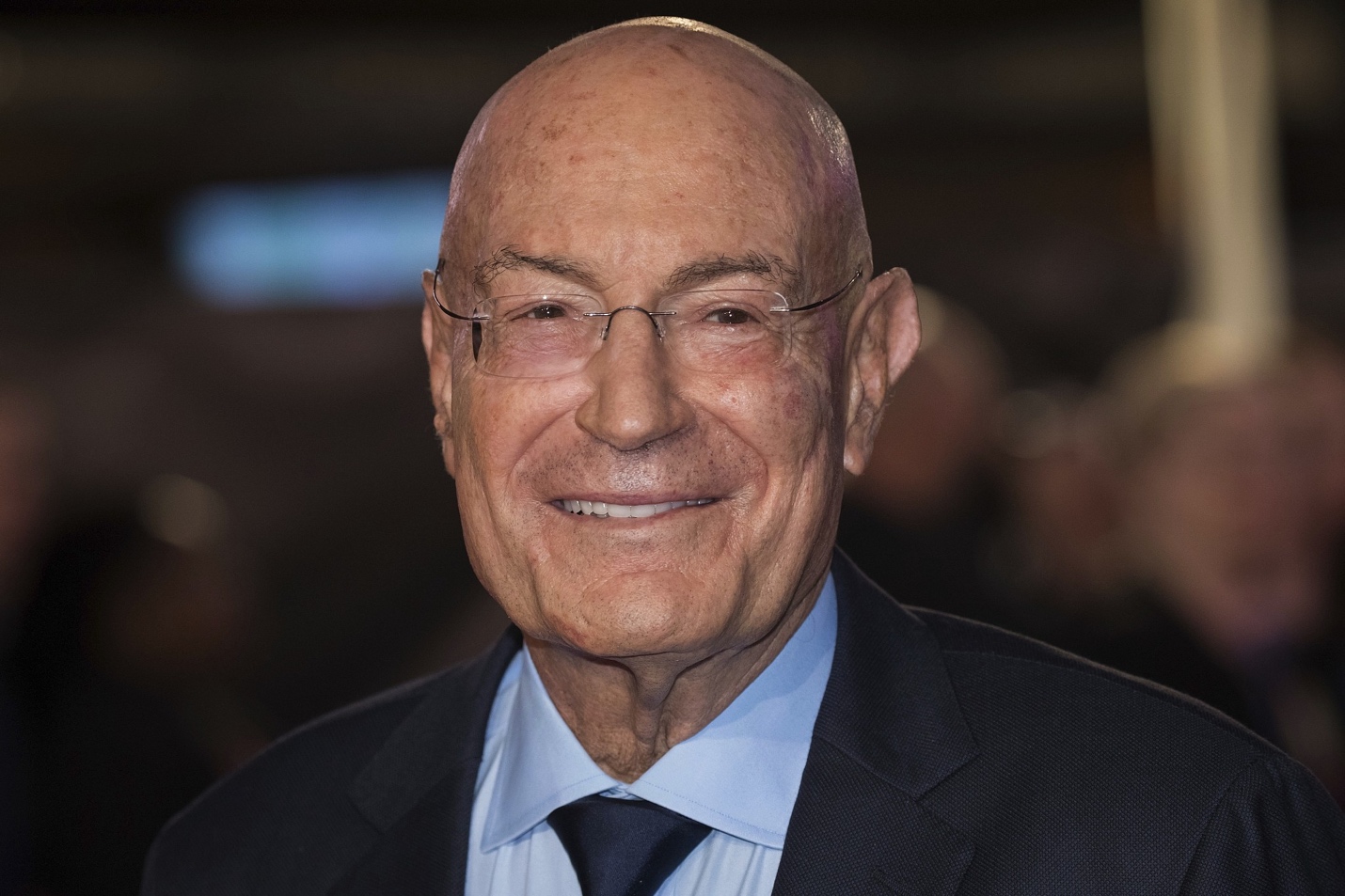
When the national security state has not overlooked spies hiding in plain sight or neglected to prosecute those employed by “friendly” countries, it has framed innocent people to fit political narratives. Bamford was one of the few, if not the only journalist to uncover the truth about one of the most notorious international spy cases in recent years—which turned out not to be a case of espionage at all. Not since the Cold War has foreign intrigue generated so many headlines as the special counsel investigation into alleged collusion between Donald Trump and the Russian government during the 2016 U.S. presidential election. Like the Red Scare, the paranoia surrounding the Mueller probe resulted in scapegoats but none more so than a fiery redhead from Siberia residing in D.C. on a student visa, who was persecuted amidst the neo-McCarthyite atmosphere.
Just a few months shy of her 30th birthday, Maria Butina had just graduated from American University in the nation’s capital during the summer of 2018 when she was taken into custody by the FBI. Held for months in solitary confinement, the Russian-born international relations major was charged with conspiracy to act as an unregistered foreign agent. In addition to her master’s studies, Butina was a gun rights activist in the Motherland and partly came to Washington to build a bridge with the American gun lobby. Even though her advocacy of the right to bear arms made her a dissident within the Russian Federation where firearms are heavily restricted, she somehow became portrayed as the conduit of illicit funds supposedly being funneled from the Kremlin to the Trump campaign via the National Rifle Association (NRA). As if that were not bad enough, the most malicious slander was that she was a Red Sparrow-esque honeypot who traded sex with GOP operatives and NRA figures to advance Moscow’s interests, all based on a few sarcastic text messages.
The presumed connection linking Butina to the Kremlin was through Aleksandr Torshin, a Russian central banker and senator in the Duma, who was also a hunting enthusiast and gun advocate. When Butina established a Moscow-based, pro-gun organization in 2011, Torshin was one of its earliest supporters. However, the Vladimir Putin administration rejected any legislative attempts to relax gun-control laws domestically. Trump-era National Security Adviser John Bolton, one of the most Russophobic militarists in Washington, even appeared in one of their ads. Butina then came to the U.S. and made contacts with Second Amendment groups while enrolled in graduate school. Despite no evidence to show that she was working for either Torshin or the Russian state, the media began publishing hearsay that she was a sleeper agent who infiltrated special-interest groups to establish a back-channel with Trump.
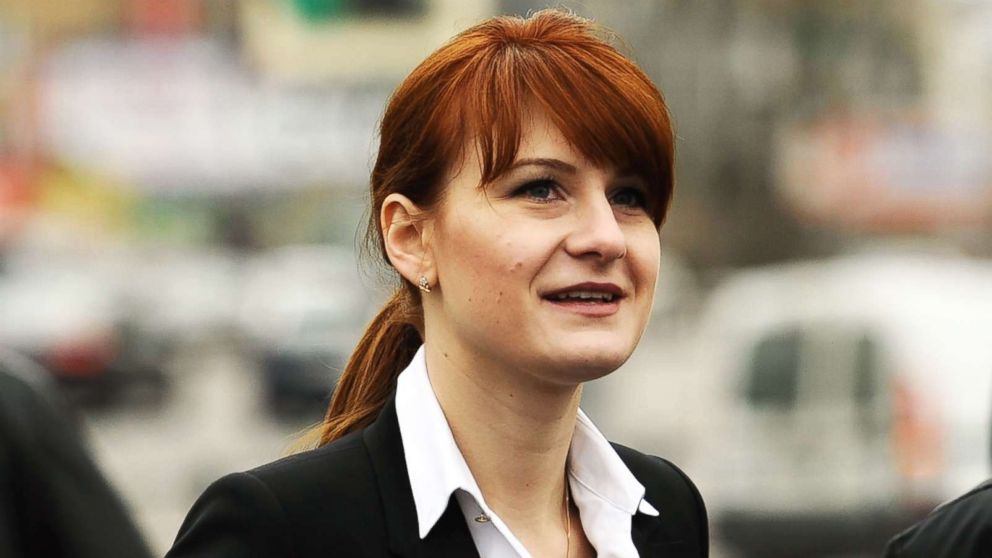
If Butina really was on the Kremlin payroll, no explanation was given as to why she needed to seek financial assistance to cover school tuition from her boyfriend of several years, Republican political consultant Paul Erickson. She also borrowed money from George D. O’Neill, Jr., a Rockefeller heir and op-ed writer for The American Conservative who penned articles advocating rapprochement between Washington and Moscow. A paleoconservative outsider, O’Neill had previously worked with Erickson on Pat Buchanan’s unsuccessful 1992 Republican primary challenge of George H. W. Bush. After being introduced to Butina, he invited the ginger-haired grad student and her mentor Torshin to the National Prayer Breakfast and other GOP get-togethers in the hopes of improving U.S.-Russia relations. The closest in proximity Butina ever came to the Trump camp was his foreign policy adviser J. D. Gordon, but their interactions were limited to attending a rock concert together and exchanging a handful of emails a few months prior to the 2016 election.
A year earlier, Butina did manage to publicly ask the soon-to-be 45th president about potential U.S.-Russia cooperation just a month into his controversial candidacy at a libertarian convention in Las Vegas. Trump replied he was open to dropping the sanctions placed on Moscow by the Obama administration, which he claimed were pushing Russia into closer relations with China. Such heretical statements which broke from foreign policy orthodoxy made him a marked man and the Russophobic hysteria would reach a fever pitch by the time he assumed office. The day before Trump finally met his Russian counterpart as commander-in-chief at the July 2018 Helsinki summit, Butina’s apartment was raided by the feds. Earlier that week, 12 Russian GRU intelligence officers were separately indicted in absentia for allegedly hacking the Democratic National Committee (DNC) computer server. (The cybersecurity firm which blamed Moscow for the email leaks, CrowdStrike, was itself recently responsible for a global software outage. Citing incidents such as the 2014 Sony Pictures hack attributed to North Korea using stolen NSA spy tools, Spyfail shows how cyberattacks are another area in which the U.S. is increasingly exposed.)
Although she was questioned by special prosecutor and former FBI Director Robert Mueller over her association with Gordon, Butina’s case was never part of his two-year inquiry. Prior to her arrest, Butina had already testified before the Senate Intelligence Committee on her activities. None of this prevented the fourth estate from branding the 29-year-old Russian national a spy before she had even been swooped up by the authorities. Prosecutors knew perfectly well that Butina had not committed espionage, so they settled for the single charge of being an undeclared foreign agent. Most of the media lazily assumed this meant she had violated the Foreign Agents Registration Act (FARA), when it was under an entirely different statute (Title 18 U.S.C. § 951). In short, Butina naively failed to turn in bureaucratic paperwork and was convicted on a technicality.
Coincidentally, Jim Bamford had personally encountered Butina years prior to her notoriety while attending a conference on the Middle East as a columnist for Foreign Policy magazine. As a leading expert on intelligence, he knew the claims about her were false. After spending the majority of her year-and-a-half sentence in a Florida prison, Butina was deported by Immigration and Customs Enforcement (ICE) back to Moscow where she has since successfully run for Russian parliament. In the end, the Mueller Report showed no proof the Trump campaign ever conspired with the Kremlin, but the establishment goal of criminalizing détente between two nuclear-armed powers was achieved. Butina’s name did not appear a single time in the 448-page document, but she was still put through a misogynistic character assassination and made a political prisoner.
One of the biggest propagandists of the Russiagate hoax was neo-conservative pundit Max Boot of The Washington Post. In July 2024, the U.S. Department of Justice (DOJ) issued two counts against Boot’s wife, Sue Mi Terry, an ex-CIA analyst and senior fellow at the Council on Foreign Relations, for acting as an agent-of-influence on behalf of South Korea’s National Intelligence Service (NIS). A self-proclaimed expert on the DPRK, Terry received payments with undisclosed payoffs, expensive dinners and designer handbags to advance ROK government positions in the media. The unsealed indictment also alleges Terry used her prestige at various think tanks on a quid pro quo basis to share private information with NIS officers and arrange exclusive meetings between South Korean and U.S. officials, without registering under FARA. She even acknowledged handing over notes from an off-the-record briefing with Secretary of State Antony Blinken over to her handlers. Although Terry co-authored editorials with her husband on Korean matters, Boot himself has not been implicated thus far—but it appears everything the arch-neo-con had to say about Trump and Butina applies much more to his own spouse.
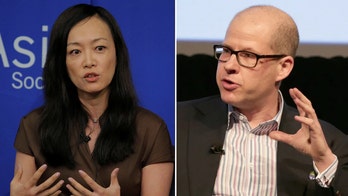
Boot referred to Butina as “just the tip of the Russian iceberg” when in fact, it is his wife’s case which does not even scratch the surface of widespread influence peddling by Washington’s purported allies. The corruption charges against Democratic Senator Bob Menendez of New Jersey for accepting bribes from the Egyptian and Qatari regimes, as well as the grand jury subpoenas of New York City Mayor Eric Adams for receiving kickbacks and unlawful campaign donations from businesses tied to the Turkish government, are just a few examples.
As Bamford observed, while the federal witch-hunt was focused on Moscow in 2016, the United Arab Emirates and other Gulf monarchies were pouring millions in dirty-money contributions into both the Hillary Clinton and Trump campaigns by way of a shady lobbyist and convicted pedophile named George Nader. Not to mention that Benjamin Netanyahu sent a secret Israeli agent to the U.S. to provide Trump aide Roger Stone with advanced knowledge of the damaging intel leaked from the DNC to WikiLeaks.
As American hegemony continues to decline, U.S. national security is more and more unprotected from intrusion and subterfuge. Spyfail chronicles the miserable failures by the intelligence community, despite a gargantuan defense budget, at stopping foreign plots, whether by declared enemies or close allies, while squandering investigative and prosecutorial resources to fabricate charges against blameless individuals to suit political agendas. Due to a combination of hapless incompetence and corruption, the spymasters responsible have only been rewarded with promotions. Russiagate even helped several officials, including James Clapper and John Brennan, land nightly news gigs where they have kept up the CIA tradition of playing the media like its “Mighty Wurlitzer.” Such stenography has resulted in outrageous propaganda such as the disputed claim that American personnel at the U.S. Embassy in Cuba were falling ill due to Russian sonic weaponry, when the more likely cause of so-called “Havana Syndrome” turned out to be the mating cries of crickets.
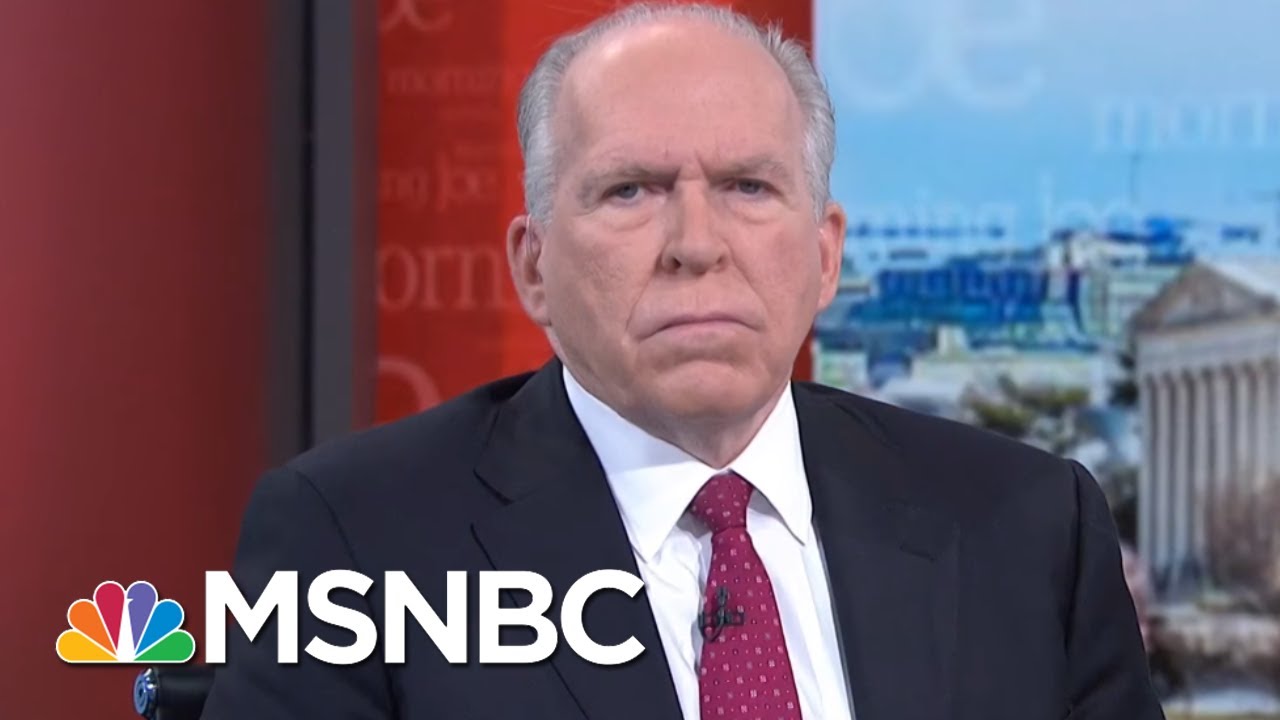
When BBC News reported on the Rocha story, former CIA Chief of Counterintelligence James Olson revived the slander that the late CovertAction Information Bulletin founder and ex-CIA case officer Philip Agee was among the list of past spies “run” by Cuba. A true patriot if there ever was one, Agee blew the whistle on the agency’s various criminal activities around the world in his seminal 1975 book Inside the Company: CIA Diary and the powers that be have never forgiven him.
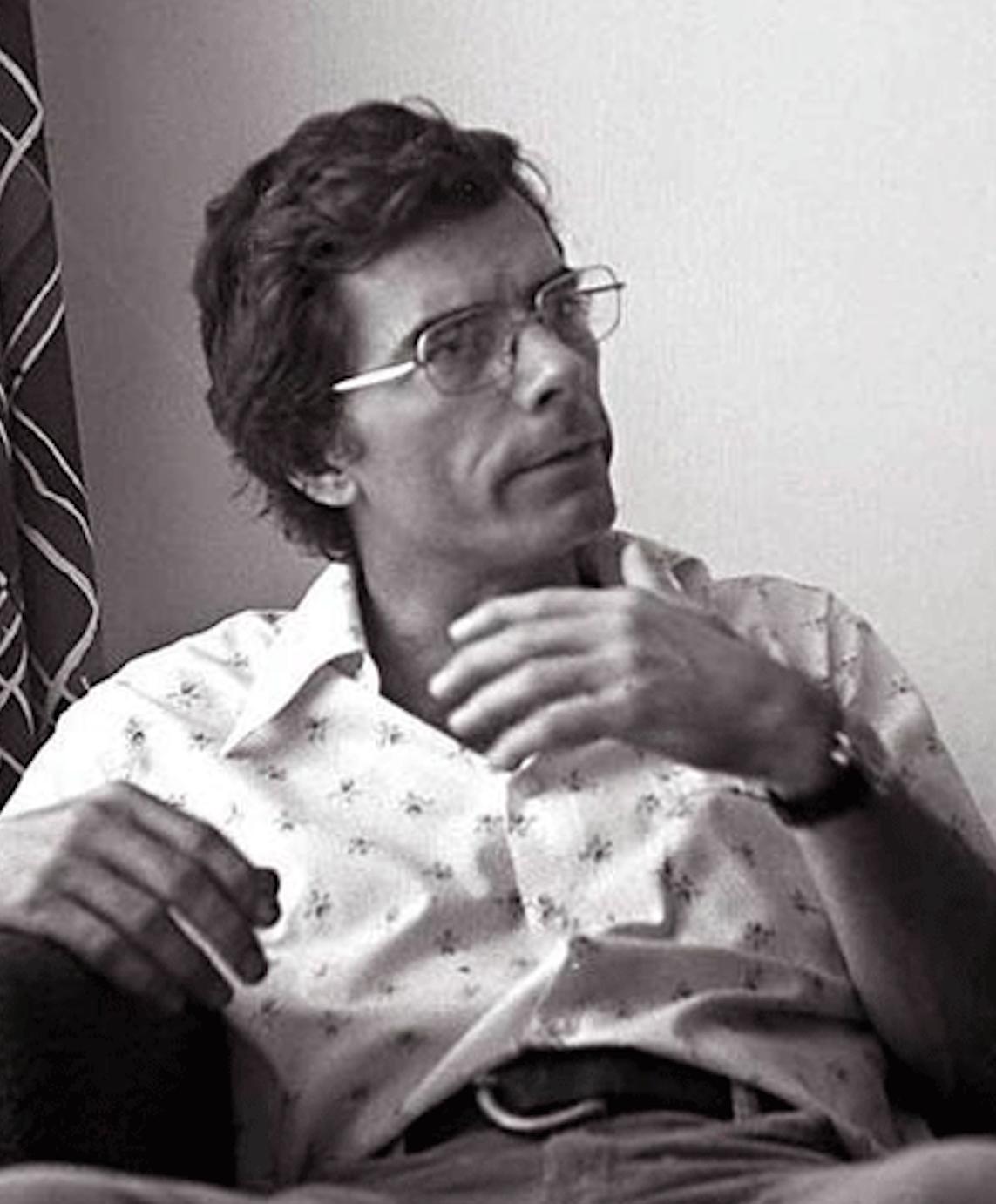
Although he was not a double agent, Agee would have been the first to retort that Cuba has been forced to use any means necessary to defend itself from more than 60 years of economic blockade and consecutive U.S. administrations terrorizing the island in their attempts to topple the communist government. As long as it continues to perpetuate such injustices throughout the globe, the empire will always be inviting the next Manuel Rocha.

CovertAction Magazine is made possible by subscriptions, orders and donations from readers like you.
Blow the Whistle on U.S. Imperialism
Click the whistle and donate
When you donate to CovertAction Magazine, you are supporting investigative journalism. Your contributions go directly to supporting the development, production, editing, and dissemination of the Magazine.
CovertAction Magazine does not receive corporate or government sponsorship. Yet, we hold a steadfast commitment to providing compensation for writers, editorial and technical support. Your support helps facilitate this compensation as well as increase the caliber of this work.
Please make a donation by clicking on the donate logo above and enter the amount and your credit or debit card information.
CovertAction Institute, Inc. (CAI) is a 501(c)(3) non-profit organization and your gift is tax-deductible for federal income purposes. CAI’s tax-exempt ID number is 87-2461683.
We sincerely thank you for your support.
Disclaimer: The contents of this article are the sole responsibility of the author(s). CovertAction Institute, Inc. (CAI), including its Board of Directors (BD), Editorial Board (EB), Advisory Board (AB), staff, volunteers and its projects (including CovertAction Magazine) are not responsible for any inaccurate or incorrect statement in this article. This article also does not necessarily represent the views the BD, the EB, the AB, staff, volunteers, or any members of its projects.
Differing viewpoints: CAM publishes articles with differing viewpoints in an effort to nurture vibrant debate and thoughtful critical analysis. Feel free to comment on the articles in the comment section and/or send your letters to the Editors, which we will publish in the Letters column.
Copyrighted Material: This web site may contain copyrighted material the use of which has not always been specifically authorized by the copyright owner. As a not-for-profit charitable organization incorporated in the State of New York, we are making such material available in an effort to advance the understanding of humanity’s problems and hopefully to help find solutions for those problems. We believe this constitutes a ‘fair use’ of any such copyrighted material as provided for in section 107 of the US Copyright Law. You can read more about ‘fair use’ and US Copyright Law at the Legal Information Institute of Cornell Law School.
Republishing: CovertAction Magazine (CAM) grants permission to cross-post CAM articles on not-for-profit community internet sites as long as the source is acknowledged together with a hyperlink to the original CovertAction Magazine article. Also, kindly let us know at info@CovertActionMagazine.com. For publication of CAM articles in print or other forms including commercial internet sites, contact: info@CovertActionMagazine.com.
By using this site, you agree to these terms above.
About the Author
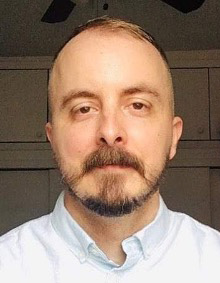
Max Parry is an independent journalist and geopolitical analyst based in Baltimore.
His writing has appeared widely in alternative media and he is a frequent political commentator featured in Sputnik News and Press TV. He also hosts the podcast “Captive Minds.”
Max can be reached at maxrparry@live.com.


